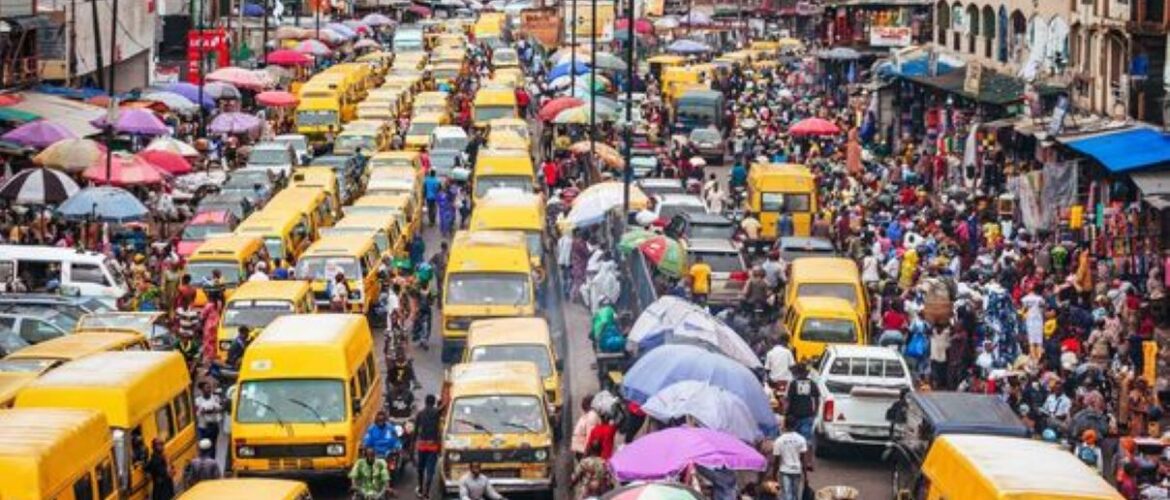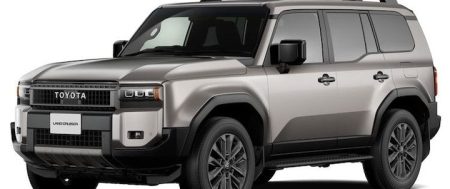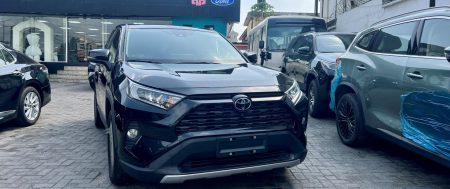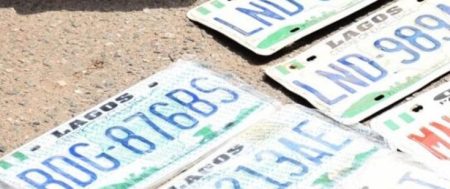Tips For Stress-Free Driving in Nigerian Traffic
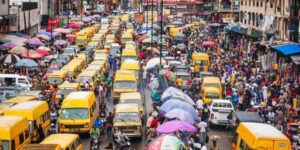
Welcome to the wild, wonderful world of Nigerian traffic! Picture this: cars zigzagging like a well-choreographed dance, honks, and roadside vendors offering everything from Gala to Pepsi. If you’ve ever found yourself holding the steering wheel a bit too tightly on Lagos’ bustling roads or Abuja’s packed streets, you know exactly what I’m talking about. But fear not, for there are ways to navigate this chaos with a smile on your face and a calm heart.
Driving in Nigeria can feel like you’re in an action movie—without the glamorous paychecks. The daily grind of bumper-to-bumper traffic and creative driving techniques can leave even the most composed individuals worried. However, with a few handy tips, you can turn this daily ordeal into a pleasant, even enjoyable part of your routine. Let’s dive in.
REGULAR MAINTENANCE CHECK: First things first, your vehicle must be in top-notch condition. Regular maintenance checks are not just recommended; they’re essential. Ensure your tires are properly inflated, oil levels are sufficient, and brakes are in perfect working order. Consider your car to be a dependable sidekick that must be in top form to navigate the urban jungle. After all, you wouldn’t go on an adventure with a limping horse, would you?
EMERGENCY SUPPLIES: Equip your vehicle with a reliable emergency kit. This should include a first aid kit, spare tire, jumper cables, flashlight, and a basic toolkit. Don’t forget a few bottles of water and some snacks—traffic jams can turn into hunger games faster than you can say “go-slow.” Being prepared not only ensures your safety but also gives you peace of mind, which is priceless in the face of unpredictable traffic scenarios.
UNDERSTANDING THE ROAD CULTURE: Honking in Nigeria is an art form. It’s not just about getting someone’s attention; it’s a complex language. A short beep could mean “hello,” a longer one might suggest “watch out,” and a rapid series of honks might express sheer frustration or impatience. Learning this sensory form of code can help you better communicate with fellow drivers and navigate more smoothly. Embrace the honk—it’s your best ally.
OPTIMAL DRIVING HOURS: Timing is everything. If possible, plan your journeys during non-peak hours. Early mornings and late evenings often have less traffic, making your drive smoother. Midday trips can also be more manageable compared to the rush hours when everyone is either scrambling to get to work or rushing home. Consider the timing of local events and public holidays as well; these can significantly impact traffic flow.
AVOID COMMON PITFALLS: Certain areas are notorious for their traffic woes. Familiarize yourself with alternate routes to bypass major gridlocks. Apps like Google Maps and Waze can be lifesavers, providing real-time traffic updates and suggesting less congested paths. Also, be wary of potholes and unmarked speed bumps, which are more common than roadside suya stands. A vigilant eye can save you from sudden jolts and potential damage to your vehicle.
BE PATIENT: Patience isn’t just a virtue in Nigerian traffic; it’s a survival skill. Accept that delays will happen and that getting worked up won’t make the cars move any faster. Keep calm, play your favorite tunes, or listen to an interesting podcast. Remember, everyone else is in the same boat—or rather, the same traffic jam. A calm demeanor can help you navigate with a clear mind and reduce stress.
Navigating Nigerian traffic doesn’t have to be a nightmare. With a well-prepared vehicle, an understanding of road culture, strategic driving practices, and a calm mental state, you can conquer the roads with confidence and ease. Embrace the journey, and remember, every honk, vendor, and pothole is part of the adventure. Safe driving!

